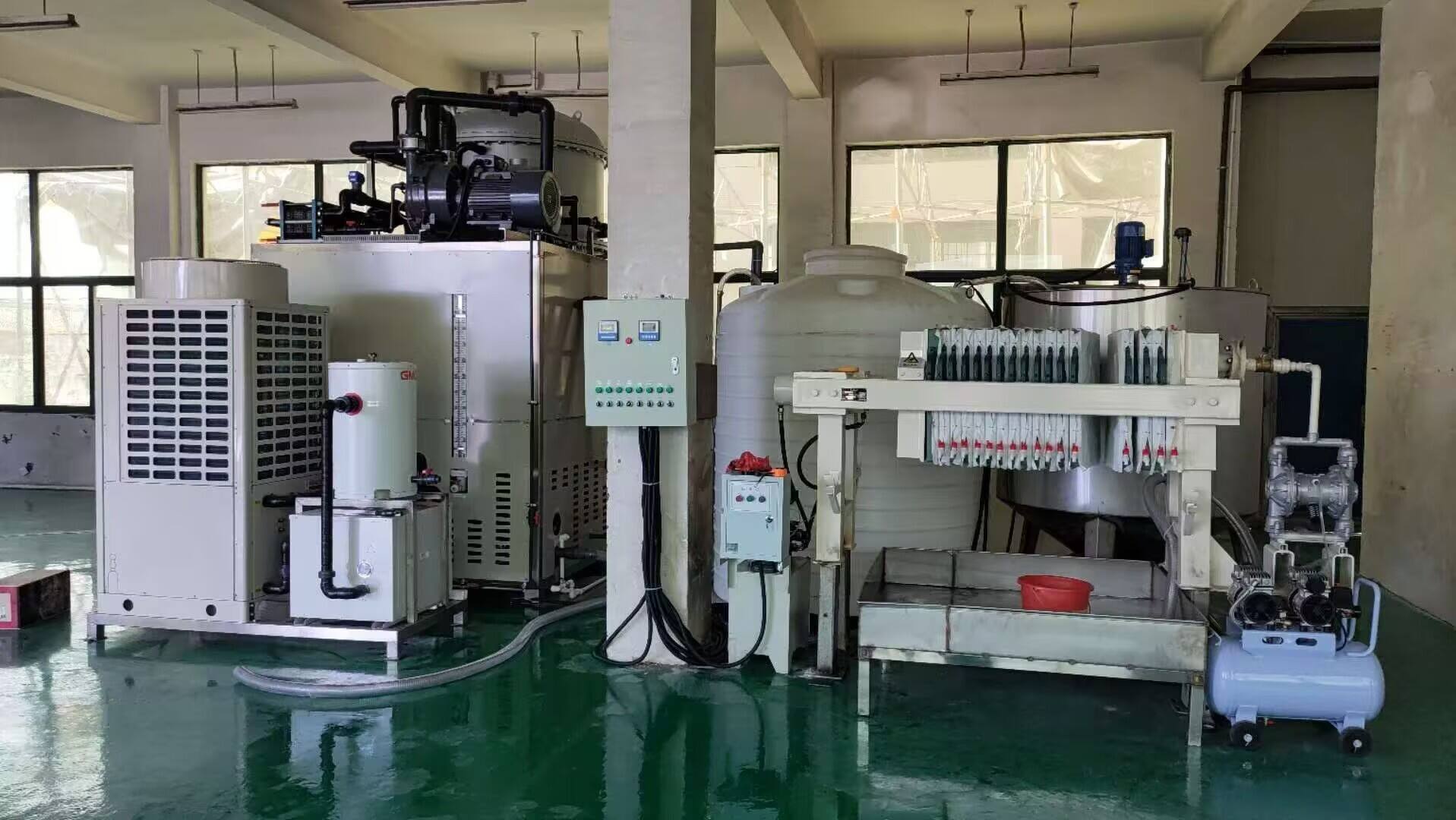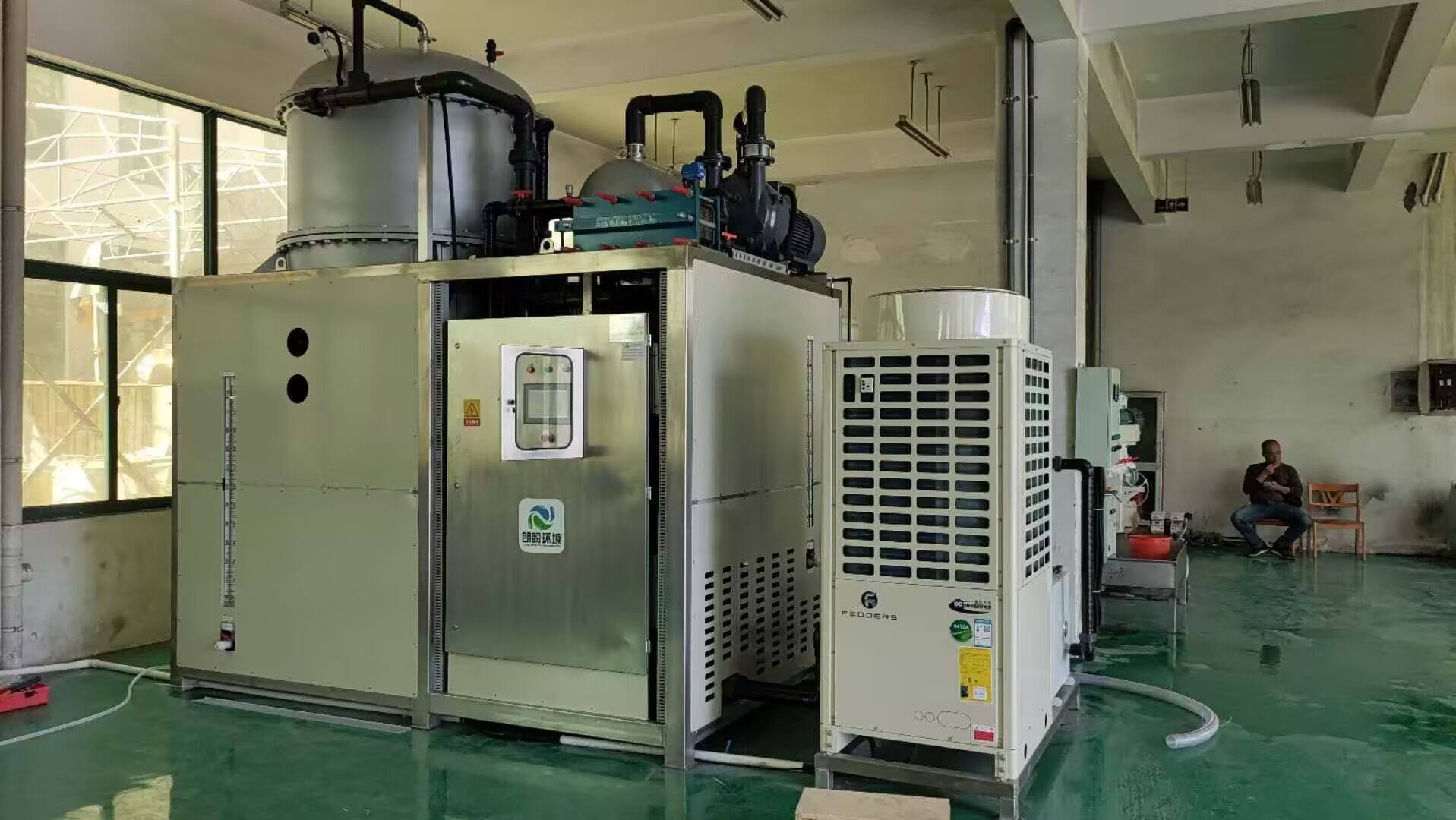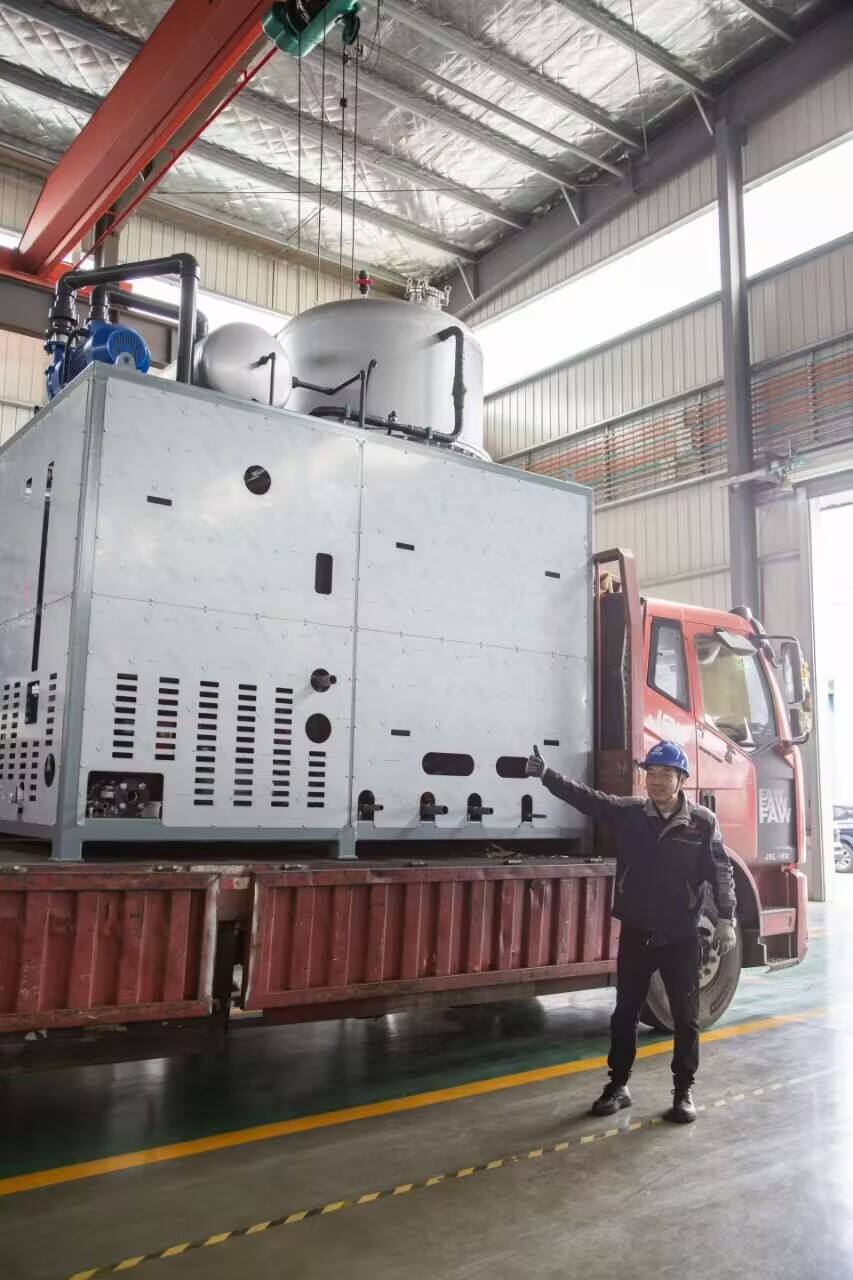industrial heat pump evaporator
The industrial heat pump evaporator stands as a crucial component in modern thermal management systems, serving as the primary heat exchange interface where the refrigerant absorbs heat from the surrounding environment. This sophisticated device operates through a carefully engineered process where liquid refrigerant enters the evaporator at low pressure and temperature, absorbing heat from the source medium, typically air or water, and transforming into vapor. The evaporator's design incorporates advanced heat transfer surfaces, usually constructed from copper or aluminum, with optimized fin configurations to maximize thermal efficiency. These surfaces are specifically engineered to promote effective heat transfer while maintaining minimal pressure drop. The evaporator's operation is controlled through precise temperature and pressure monitoring systems, ensuring optimal performance across varying load conditions. In industrial applications, these evaporators are commonly found in manufacturing processes, food processing facilities, and large-scale HVAC systems, where they play a vital role in energy recovery and temperature control. The technology incorporates several safety features, including frost protection mechanisms and precise flow control systems, ensuring reliable operation even under challenging conditions. Modern industrial heat pump evaporators also feature smart controls that enable real-time performance monitoring and adjustment, contributing to enhanced energy efficiency and operational reliability.


